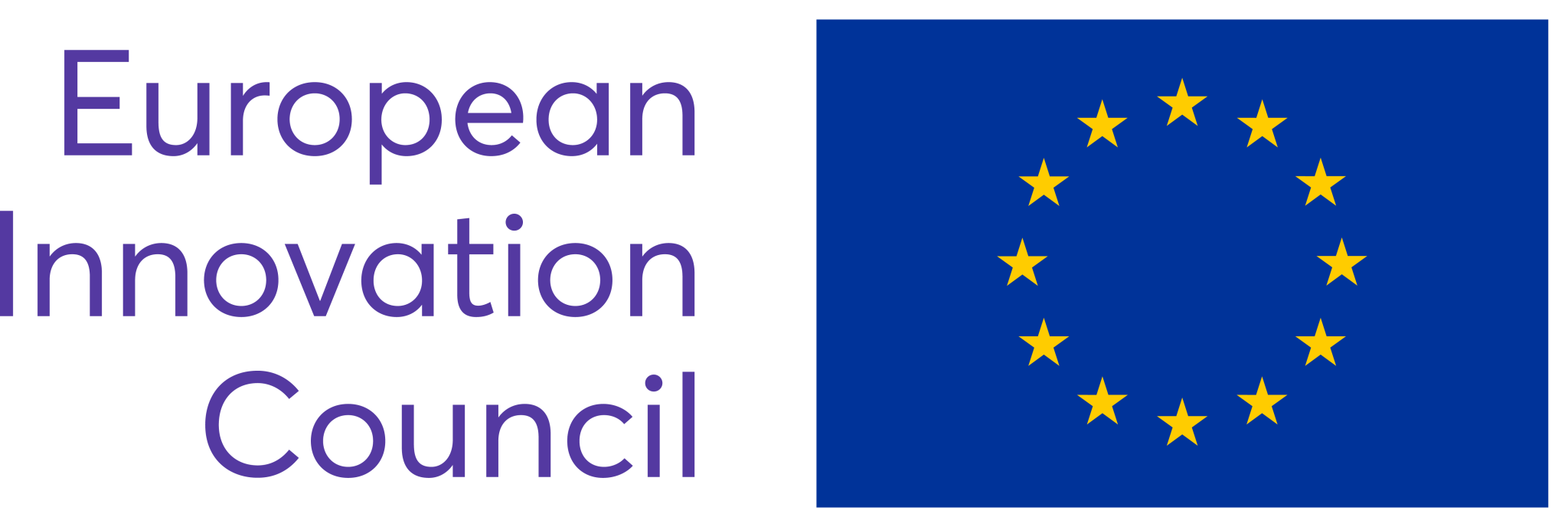After speaking to the European Innovation Council (EIC) in 2022, a Sifted article said “Europe doesn’t have a deeptech startup problem, it has a deeptech scaling problem”.
While progress has been made — including record-setting fundraises in AI — there’s still a way to go. Right now, overall R&D expenditure in the EU is around two thirds of the level of that in the US. When it comes to venture capital — which is critical to support the development of deeptech startups — the amount invested in Europe is only one fifth of the level of the US.
The EIC, which is part of the EU research and innovation programme Horizon Europe, hasn’t given up trying to close the gap. In 2025, it’s set to invest €1.4bn into European deeptech research and high-potential startups through the EIC Work Programme — an increase of nearly €200m compared with 2024.
So how can the programme support you, as a European deeptech founder or investor?
What’s in it for founders?
As a deeptech founder in Europe, scaling is likely on the mind. So a bucket of €1.4bn will sound very tempting. The first step in getting support though is to understand which scheme might work best for you. The EIC Work Programme 2025 is built around four main schemes, but two are relevant for founders (and investors):
- EIC Accelerator: this includes €634m for startups and SMEs to develop, commercialise and scale up innovations with the potential to create new markets or disrupt existing ones. Grants will be available up to €2.5m, with investments through the EIC Fund ranging from €500k to €10m.
- The EIC Strategic Technologies for Europe Platform (STEP) Scale Up: this offers €300m to provide additional equity funding to promising companies driving innovation in critical areas. The financial support is in the form of investments between €10 to €30m. It will utilise private co-investment and the budget for the STEP Scale up scheme is expected to grow to €900m over the period 2025-27.
The EIC’s updated challenges also include €120m for emerging technologies including autonomous construction robots, climate resilient crops, converting waste to input materials and medical diagnosis, and €250m for earlier stage companies in specific target technologies including GenAI, new space, agritech and future mobility solutions.
The EIC was launched in March 2021 under the Horizon Europe programme, building on a pilot phase from 2018-2020. It has a budget of over €10bn between 2021-2027 and, to date, has supported more than 630 companies including startups and 450 research projects under Horizon Europe.
Will the support extend to me?
While European deeptech lags the US across the continent, startups which are based outside major hubs such as London, Paris and Berlin, can have an even harder time accessing support.
Because of this Keith Sequeira, head of EIC in directorate-general for research and innovation at the European Commission, said on the EIC podcast that support in 2025 will particularly be extended to central eastern European countries.
“We [will] have a number of outreach events — we're going to these countries to talk about the EIC and meet the companies,” said Sequeira.
This features support at an earlier stage of startup development.
“We're also [launching] a new scheme called the EIC pre-accelerator. This is to help companies in these countries with support at an earlier stage,” added Sequeira. “When [startups] have the proof of concept but they need to develop the business, they need to develop their investment readiness [and] they need to mature the technologies to be competitive for the EIC accelerator. We’re providing our business acceleration services to support these companies — and the call to fund these companies will be launched in early 2025.”
Sequeira also noted a special effort to extend support to women founders, who typically receive much less funding than their male counterparts.
This includes the launch of the gender innovation index to create comparable data about female participation in startups — whether it's as founders of companies, investors or the VC or the LPs that support investors — and supporting the Women TechEU scheme, which helps early-stage female founders in deeptech.
What’s in it for investors?
There’s so much help available for deeptech founders, but it won’t be worth the effort if deeptech investors aren’t connected to startups.
So, to further connect investors to a pipeline of startups, the EIC has launched the Trusted Investors Network (TIN) to bring together a group of investors who are ready to co-invest in innovative deeptech companies in Europe, together with the EU. The EU’s investment comes from the European Innovation Council (EIC) Fund, which is part of Horizon Europe.
Members of the network will work together with support from the EIC to boost investment and exchange best practices, all while investing in the deeptech sector. The TIN’s first group has 71 European investors and includes venture capital funds, public investment banks, foundations and corporate venture funds who collectively represent over €90bn of assets.
What’s different about 2025?
Apart from the increase in funding, in September, Bulgaria’s Ekaterina Zaharieva was nominated to become the European Commission’s first-ever commissioner for startups.
On the EIC’s podcast, Sequeira said there is a need for the new commissioner to develop a strategy for startups and scaleups as well as an innovation act to put the regulatory framework for startups and innovation in place.
“We see a big focus in the new commission around startups and we're very happy that there will be the first ever commissioner for startups starting [on 1 December 2024],” he said.




